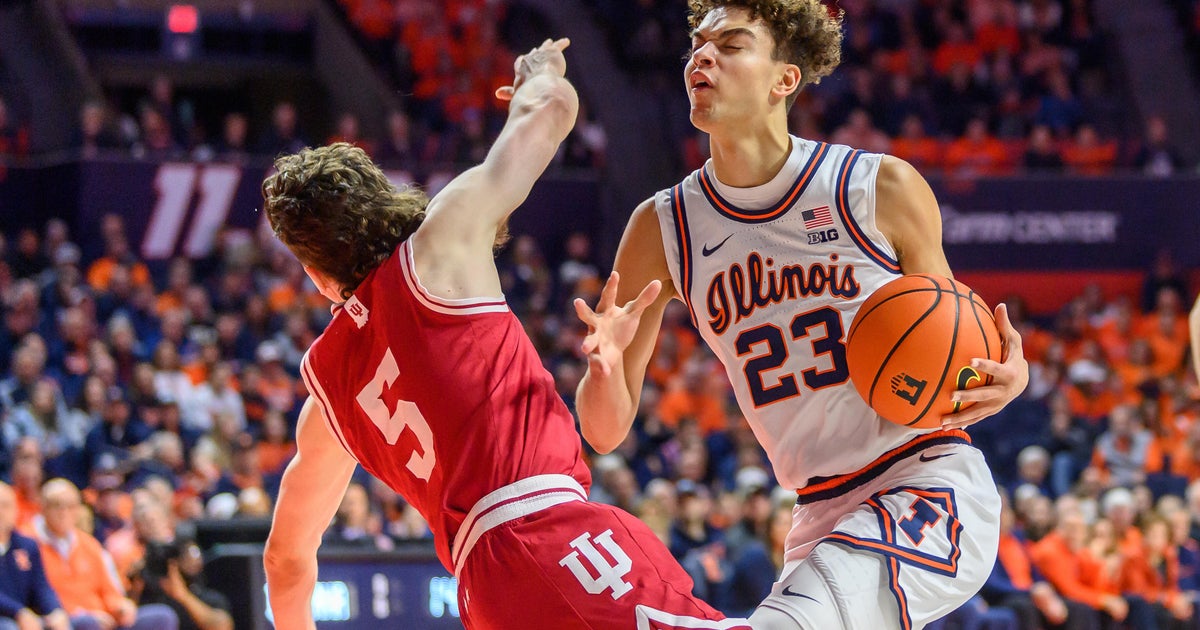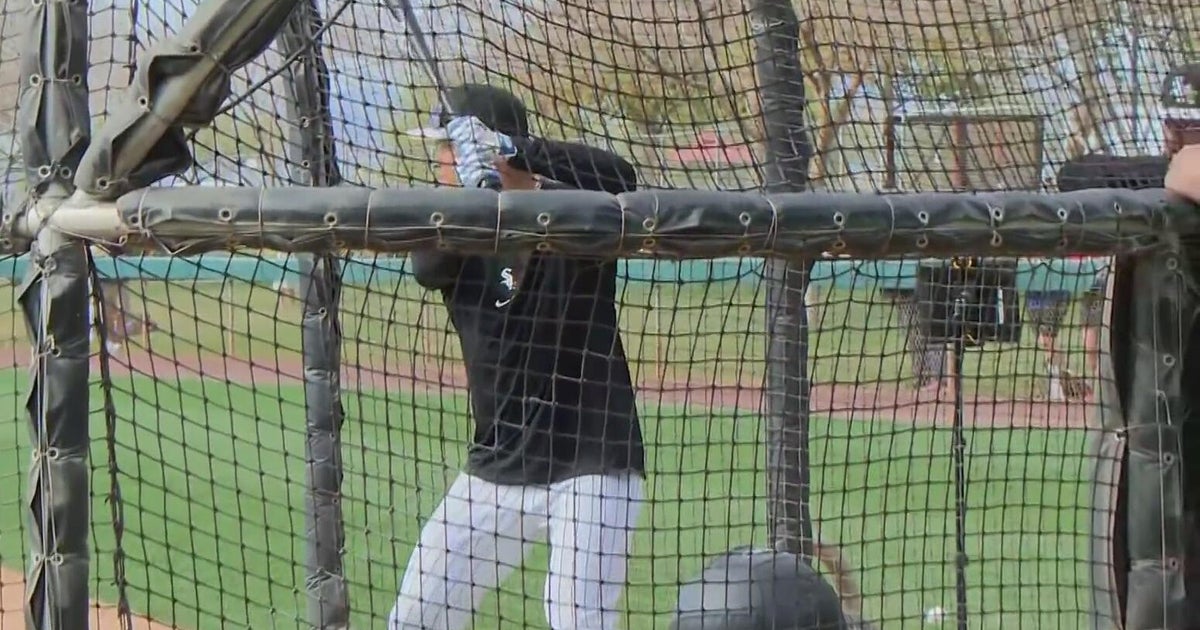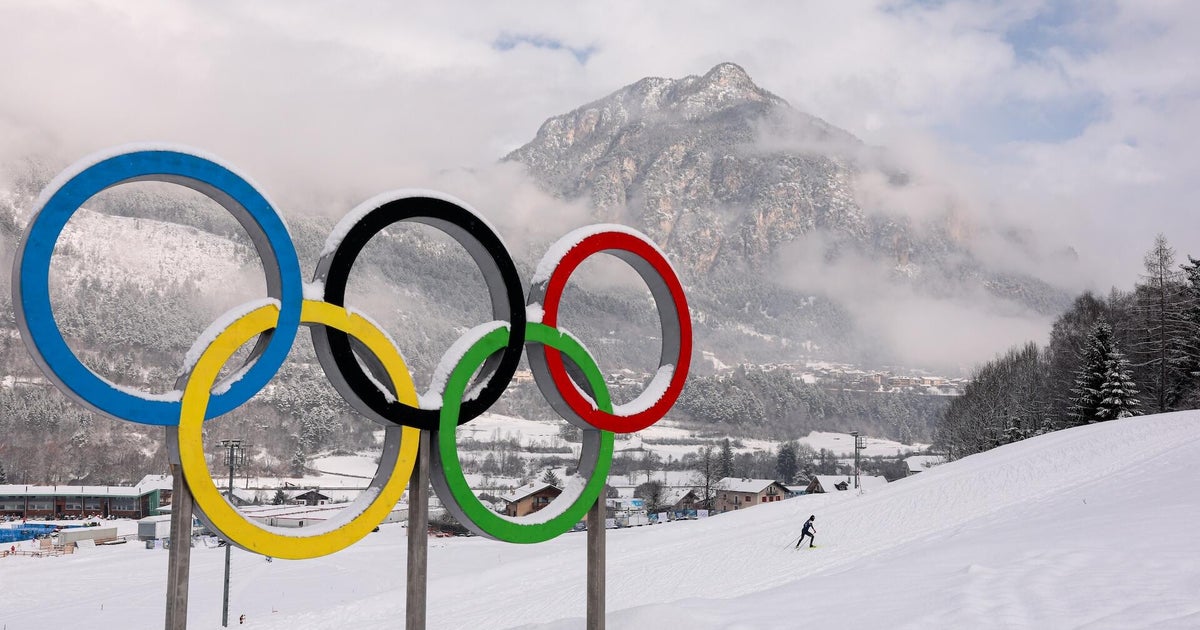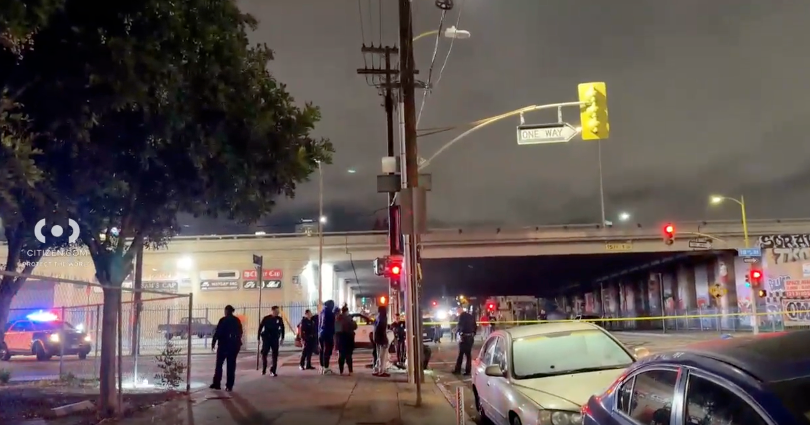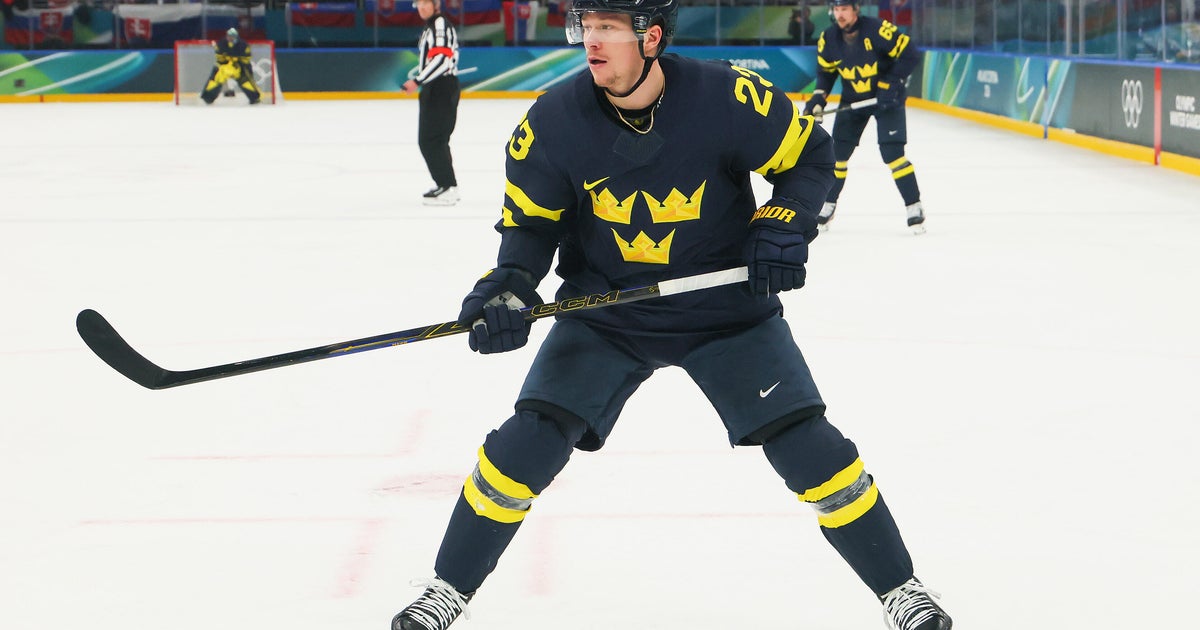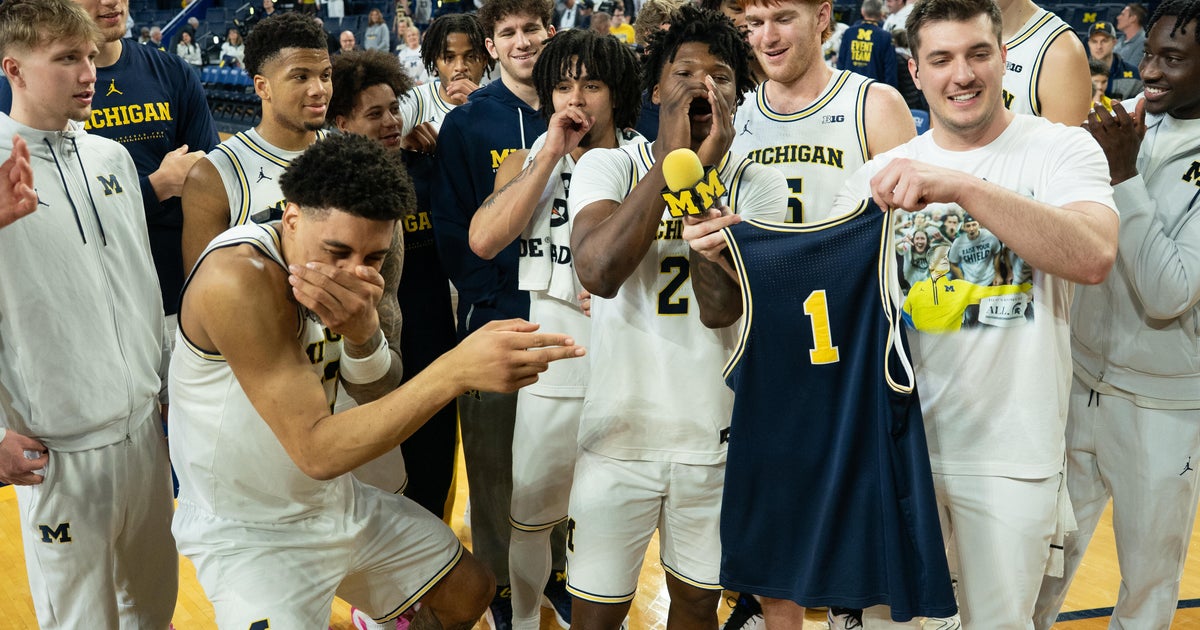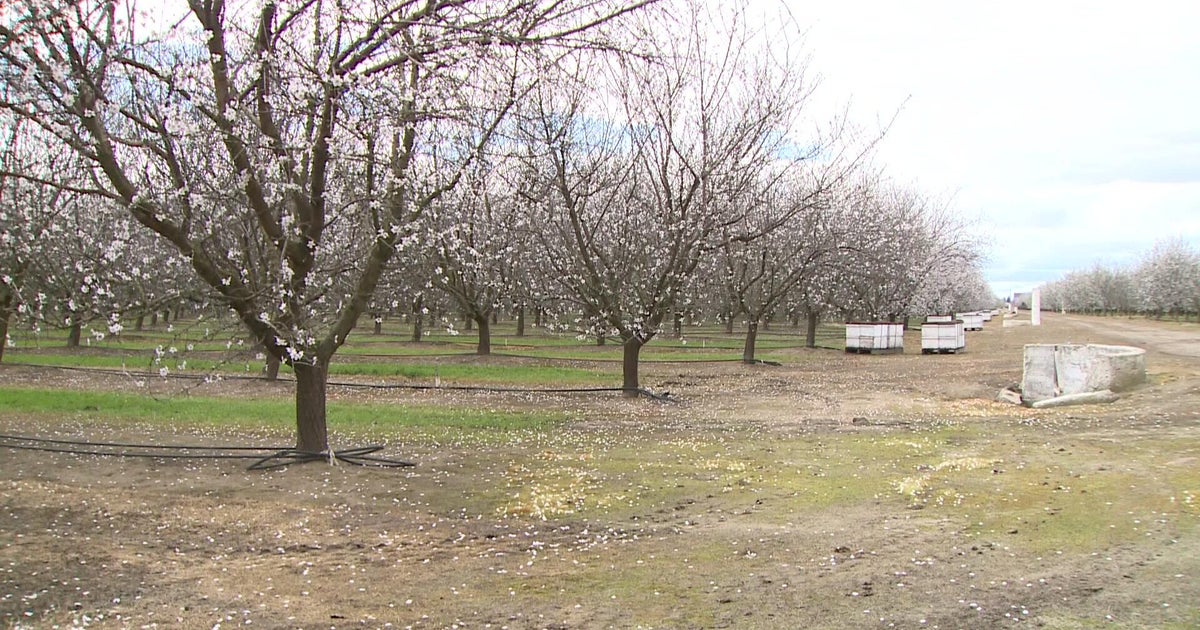Blackhawks' Hossa To Miss 2017-'18 Season With Skin Disorder
CHICAGO (CBS) -- Due to the severe side effects of medication he takes for a progressive skin disorder, Blackhawks forward Marian Hossa will miss the upcoming season.
The Blackhawks confirmed Wednesday morning that the 38-year-old Hossa won't play in 2017-18.
"The Chicago Blackhawks are in full support of Marian Hossa as he addresses his medical issues," Blackhawks general manager Stan Bowman said in a statement. "This is extremely difficult for us because we all know the incredible person and player that Marian Hossa is - competitive, loyal and humble. He has played a major role in the success our franchise has experienced in recent years, which makes his departure from our lineup a significant loss. His teammates and coaches know he battled through some very tough physical difficulties but never complained or missed games despite the challenges he faced. The organization will continue to provide him every resource he needs to maintain his health."
Hossa has been undergoing treatment for the skin disorder for the last few years, as well as the side effects of the medication he needs to treat it.
"Due to the severe side effects associated with those medications, playing hockey is not possible for me during the upcoming 2017-18 season," Hossa said in a statement provided by the Blackhawks. "While I am disappointed that I will not be able to play, I have to consider the severity of my condition and how the treatments have impacted my life both on and off the ice."
Hossa had 26 goals and 19 assists in 73 games last season. A five-time All-Star and 19-year NHL veteran who has been a key piece of the Blackhawks' three Stanley Cup championships since 2010, Hossa thanked the team for their support.
"The Chicago Blackhawks organization, including Rocky Wirtz, John McDonough and Stan Bowman, and my agent, Ritch Winter, have been very supportive throughout this entire process," he said in a statement. "I would also like to thank my teammates and the amazing Blackhawks fans for their understanding. With respect to the privacy of my family, I will not be commenting any further on my health."
Team physician Dr. Michael Terry said the side effects of the disorder have become more difficult to treat with conventional medication while he plays hockey.
"Because of the dramatic nature of the medications required and their decreasing effectiveness, we strongly support his decision not to play during the 2017-18 season," Terry said. "We feel in the most certain terms this is the appropriate approach for Marian in order to keep him functional and healthy in the short term and throughout his life."
Advocate Health Care Sports Medicine Dr. Philip Skiba said, without more information from Marian Hossa about the skin disorder he has, it's difficult to know exactly what skin disorder Hossa might have.
Skiba said there are some serious skin disorders that can impact the lives of pro athletes, such as scleroderma and psoriasis. He said medications for some progressive skin disorders can weaken someone's immune system, while others might require using steroids banned by most pro sports leagues.
"We can't put you on a boatload of steroids and still have you be eligible to play. That would be difficult to pull off," he says.
Skiba said, if the little information provided is all Hossa will be giving out, that's totally his right.
"That's fair enough. I think one of the issues we always have to remember is that we have viewed sports personalities as, sort of almost as part of the family, but the truth is they live their own lives. We really don't know them, and like anyone else they may not want to share their health status," he said.
After the conclusion of this past season, Hossa indicated he has no plans to retire. That could prove to be an important distinction in this situation as it pertains to the Blackhawks' salary cap. If he retires now, the Blackhawks would be hit with a "cap recapture" penalty of $3.675 million until 2020-'21, Sportsnet's Elliotte Friedman reported. That would be a blow to Chicago, as it annually faces a cap crunch and operates with little flexibility. If Hossa instead goes to the long-term injured reserve, the Blackhawks would have more financial relief than they would if he retires, Friedman reported.
Hossa has four seasons left on what was originally a 12-year, $63-million deal, most of which has been paid, as it was front-loaded. Hossa is owed $1 million in each of the next four years, with a cap hit set to be $5.275 million, the average annual value of the deal.

